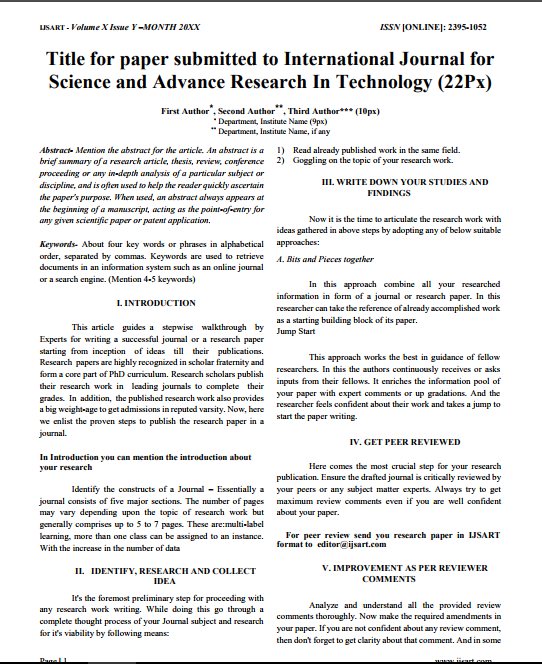DETECTION OF VIRTUAL PRIVATE NETWORK TRAFFIC USING MACHINE LEARNING |
Author(s): |
| Lalitha R |
Keywords: |
| Virtual Private Networks (VPNs), Network Security, Cyber Security |
Abstract |
|
With the increasing prevalence of privacy concerns, cyber security threats, and the need for secure online communications, the utilization of Virtual Private Networks (VPNs) has become a common practice among individuals and organizations. VPNs provide an encrypted tunnel for internet traffic, thereby enhancing online privacy and security. However, this same attribute has also made VPNs attractive to malicious actors seeking to hide their activities and evade detection. This research aims to address the challenge of detecting VPN traffic within network data using machine learning techniques. The proposed approach leverages the power of machine learning algorithms to classify network traffic into either VPN or non-VPN categories, contributing to the development of more effective cyber security measures. The study explores various features extracted from network traffic, including packet size, inter-arrival times, and payload content, to build robust detection models. The dataset employed for this research comprises a diverse range of network activities, encompassing both legitimate VPN usage and potential malicious VPN-based activities. Through rigorous experimentation and feature selection, the study identifies key patterns and behaviours associated with VPN traffic. These findings serve as the foundation for training and evaluating machine learning models, such as Support Vector Machines, Random Forests, and Deep Neural Networks. The results of the experiments demonstrate the efficacy of the proposed machine learning-based approach in accurately classifying VPN traffic. The developed models showcase high detection accuracy, precision, and recall rates, thereby enhancing the ability of network administrators and cybersecurity professionals to identify and monitor VPN-related activities. The findings also shed light on potential evasion techniques employed by malicious actors utilizing VPNs and contribute to the ongoing efforts in improving network security. |
Other Details |
|
Paper ID: IJSARTV Published in: Volume : 10, Issue : 4 Publication Date: 4/4/2024 |
Article Preview |
|
Download Article |


